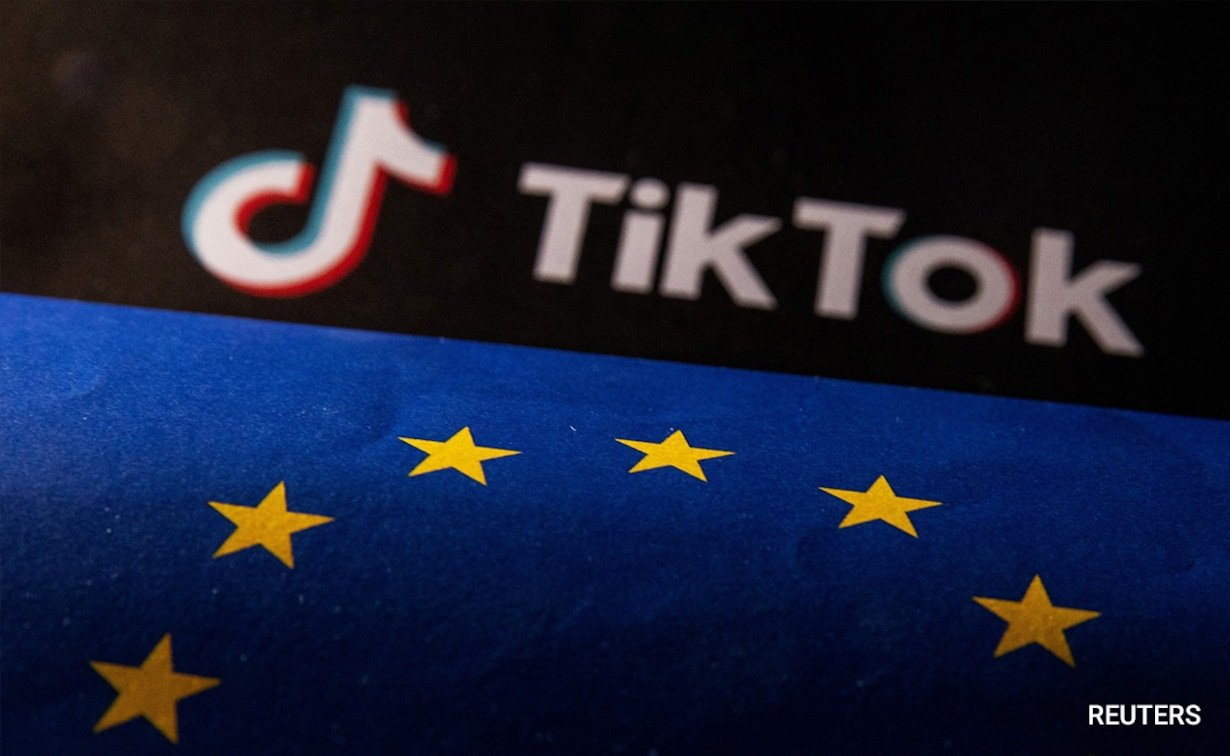The European Union has escalated its legal scrutiny of TikTok by threatening to ban a crucial feature in TikTok Lite, citing concerns over its potential harm to children.
The European Union has escalated its legal scrutiny of TikTok by threatening to ban a crucial feature in TikTok Lite, citing concerns over its potential harm to children. According to a report by The Guardian, the European Commission has initiated new proceedings against TikTok, focusing on Lite’s task-and-reward system, which it fears could be as addictive as cigarettes for young users across the continent.
TikTok Lite, a lighter version of the popular social media platform, incentivizes users with rewards for activities such as watching and liking videos, following creators, and inviting friends. Rewards include TikTok’s in-app currency as well as Amazon coupons, PayPal gift cards, and other perks.
The European Commission alleges that TikTok launched TikTok Lite in France and Spain without implementing sufficient measures to protect children, despite an ongoing investigation into child safety concerns on the regular TikTok app under the Digital Service Act.
Earlier this month, TikTok was given a one-day deadline to provide a risk assessment regarding TikTok Lite, but the European Commission deemed the responses received as insufficient.
While the new proceedings against TikTok would not necessarily result in a complete ban of the platform, they could lead to significant changes if TikTok intends to continue operating within the European Union.
This development follows closely on the heels of actions taken in the United States, where the House of Representatives recently passed a bill that could potentially ban TikTok unless its parent company, ByteDance, divests from the platform and severs ties with China. Concerns among U.S. politicians revolve around fears that the Chinese government could exploit TikTok to access sensitive user data or manipulate content recommendations to influence public opinion.
Both TikTok and ByteDance have consistently denied allegations of acting on behalf of Chinese authorities. Additionally, the regular TikTok app provides parental controls, including a Restricted Mode that restricts access to “mature or complex” content.
As tensions between TikTok and regulatory bodies in various regions continue to mount, the future of the platform remains uncertain, with potential ramifications for its millions of users worldwide.
